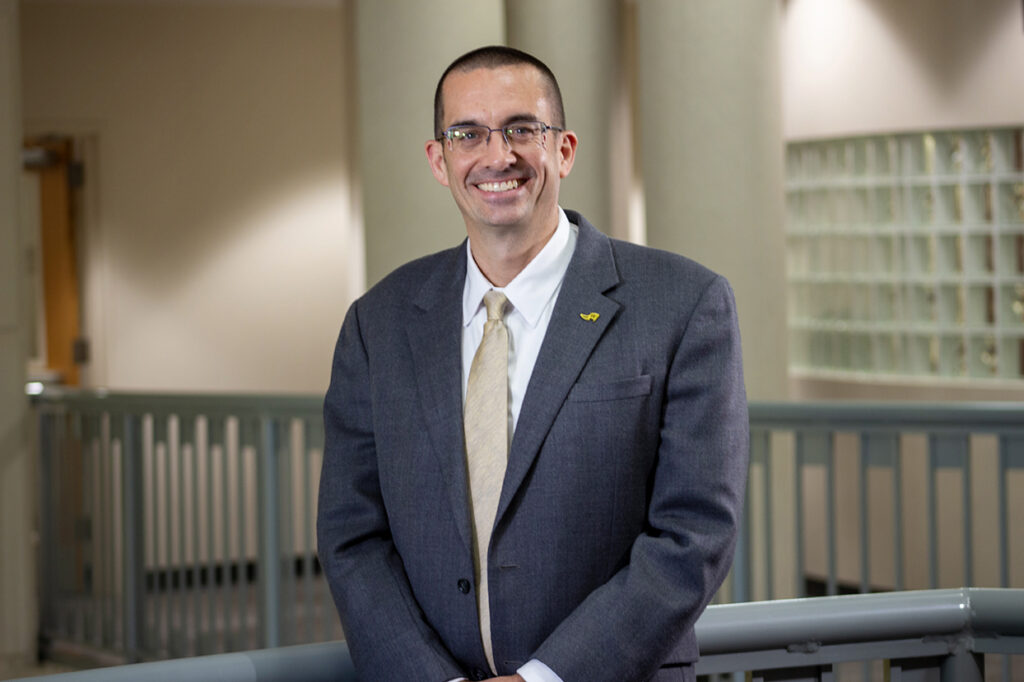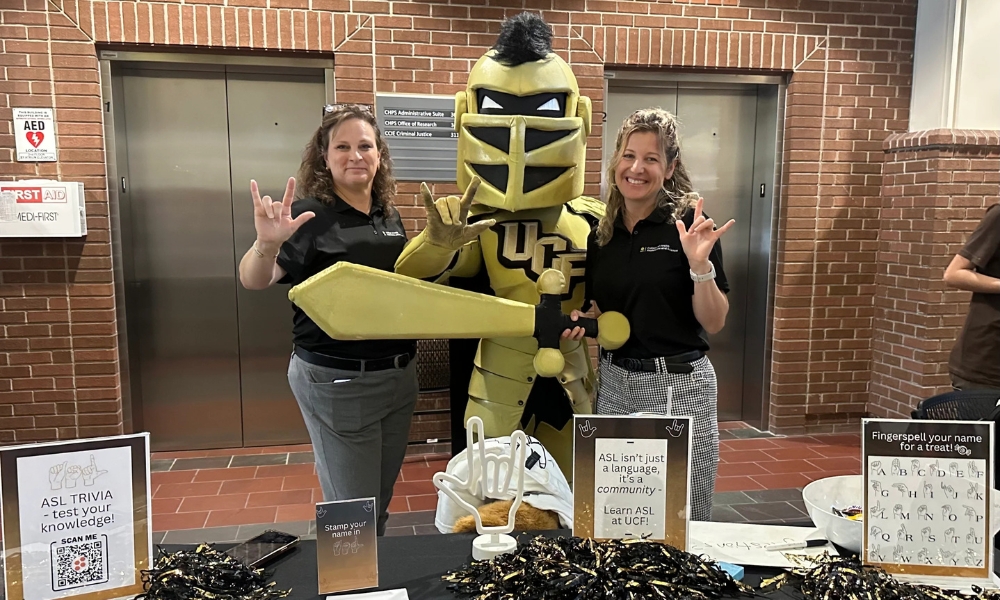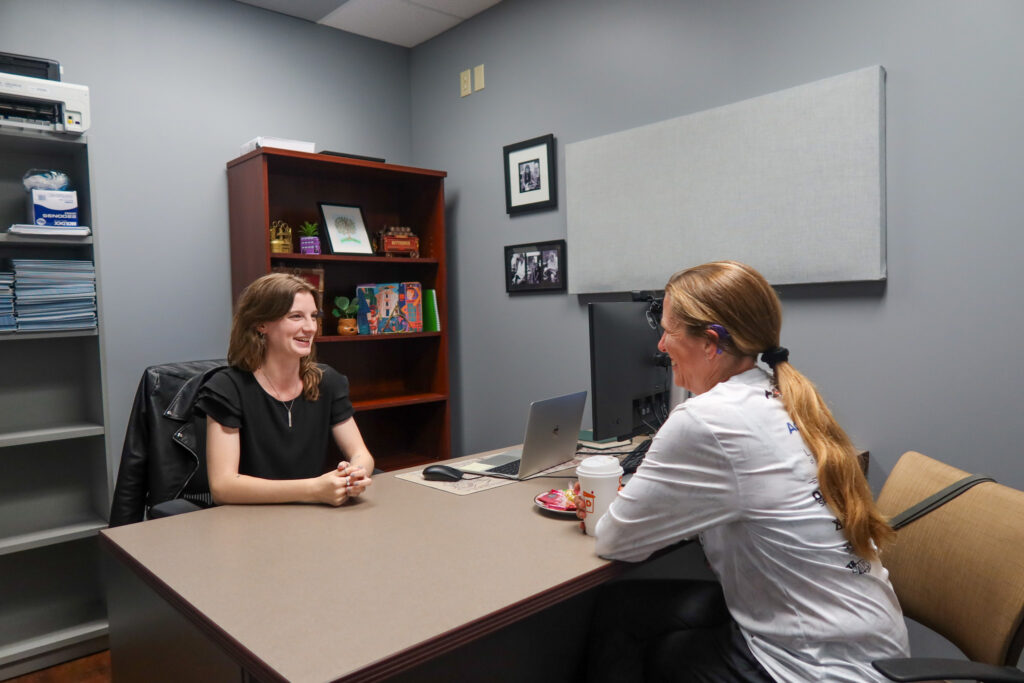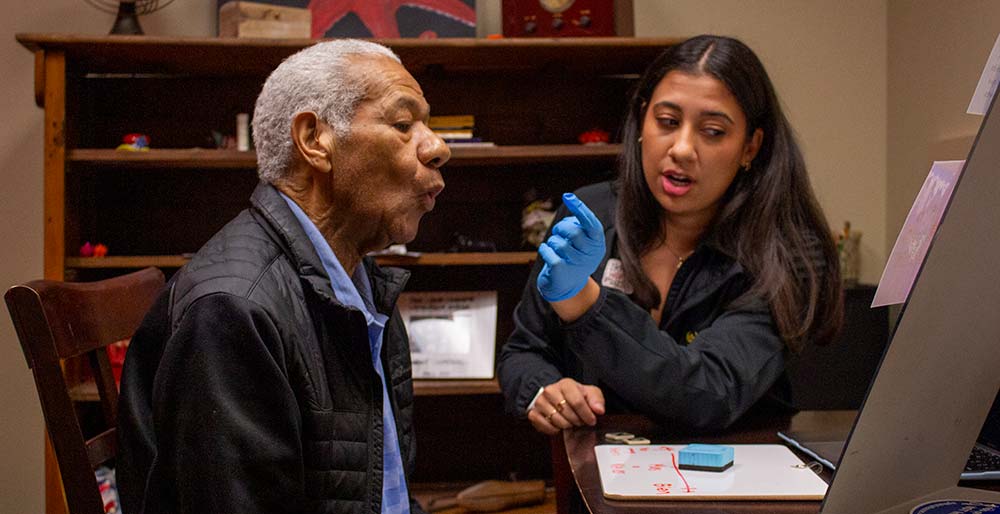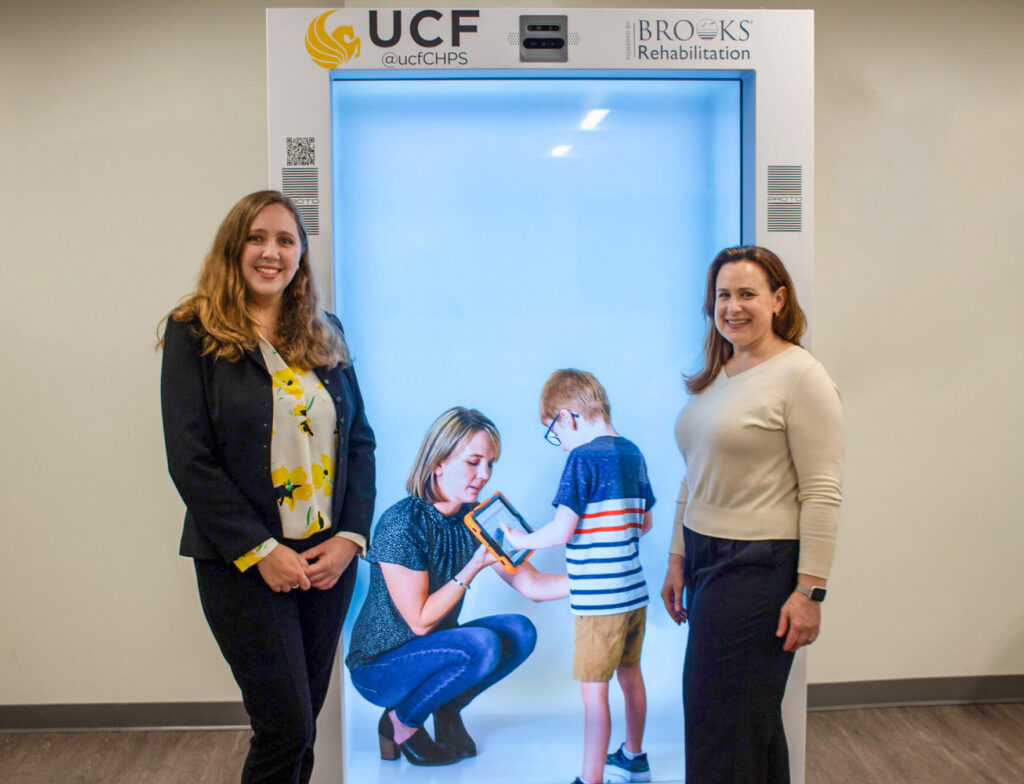When Wade Cole, a college honors student, called his mother, Stephanie, on that cold morning in January 2015 to tell her that his headache was back, she knew something was terribly wrong.
“Wade told me the pain was excruciating,” Stephanie said. She noticed other clues as she spoke with him, she said, like his speech pattern had taken on an abnormal “rhythmic” tone.
At the time, Wade, a tall, healthy, straight-A student at East Tennessee State University in Johnson City, Tenn., was a double major in math and philosophy. He had completed his prerequisites for medical school. Wade was more than just book-smart, though: He also inherited his mother’s love of music and is an accomplished singer.
As she continued to talk with her son, Stephanie credits her deep religious faith for her next actions. From somewhere within her, she had one clear thought: “He is having a seizure or something.” She knew that every second mattered for her firstborn.
Stephanie, who works in the admissions office at the medical school at ETSU, then handed her phone to a colleague and told her to stay on the line with Wade while she dialed 911. Once Stephanie was assured that help was on the way, she then called a cousin who lived nearby and told her to “get to my house and kick in the door.” She didn’t want the EMTs to waste precious seconds getting to her son.
Because of her quick thinking, the paramedics got Wade to a hospital within the hour. “It took a while for the doctors to come out,” Stephanie recalled. “I knew something was real bad wrong.” The doctors told Stephanie that Wade had suffered a “severe brain bleed,” or hemorrhagic stroke, as the result of a ruptured brain aneurysm. This occurs when a blood vessel in or around the brain bursts, causing bleeding within or on the surface of the brain.
The news was grim. Stephanie felt herself “losing control” of her body as Wade’s physicians began outlining the plan to save his life. Still, she had the presence of mind to tell the hospital staff, “Don’t worry about me; just take care of my son.”
And as Stephanie’s large, extended family joined her at the hospital and they held vigil for Wade, she assured them, saying, “God’s got this. I’m going to trust Him, what we need to do is pray.”
The past two years have been grueling for Wade and his family, which also includes Wade’s father, Robert, and his younger brother, Luke. When Wade’s condition stabilized enough for him to begin therapy, Stephanie accompanied her son to a rehabilitation hospital in Atlanta, where they worked on his speech, occupational and physical therapy, and music therapy.
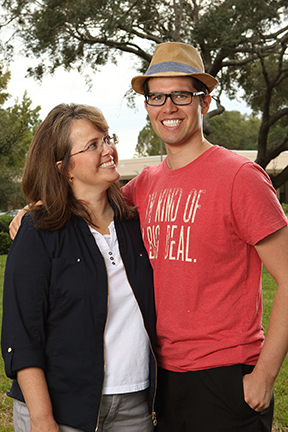
Music therapy is typically part of any rehabilitation milieu, but for Wade and Stephanie, it’s much more than that, it is part of their lives. “Wade’s a big ham,” Stephanie said. His interest in music really took off in high school, and in college he was a member of the elite “Twelve Bucs Worth” singing group and was selected as a member of the Appalachian Men’s Ensemble.
Because Stephanie had heard that the “musical” portion of the brain is in the right hemisphere, and Wade’s stroke had affected the left hemisphere, she was hopeful that his musical ability had remained intact. “I didn’t know how it was going to go,” Stephanie said. But every day, she took her guitar and sang to him as he went to sleep.
When Wade and his mother came home in July 2015, Stephanie began researching intensive speech therapy programs. And again, as she prayed for guidance, she had a clear direction from a person she met at a health career fair in Tennessee. The person, who was in the health care field, told her the top person in aphasia was Janet Whiteside.
For the past six years, clinicians at Aphasia House, a program of the School of Communications Sciences and Disorders, have offered intense, innovative therapy to individuals with aphasia, or the loss of speech resulting from neurologic injury. Aphasia House, founded and directed by Janet Whiteside, Ph.D. has had remarkable outcomes for the people who go through its intensive, six-week program. [Janet Whiteside retired in 2017; the new director of Aphasia House is Amy Engelhoven] Whiteside and the graduate clinicians at Aphasia House were not deterred that it had been nearly two years since he had suffered his brain injury. Because of their proven educational methods, and access to state-of-the-art augmentative and alternative communication devices, some people continue to improve over a period of years and even decades.
Whiteside evaluated Wade for three hours to determine if the intensive therapy at Aphasia House would be beneficial to him. Stephanie said one of the first things that she noticed about the clinic, with its cozy, homelike treatment rooms and friendly staff, was the “passion and hope” that emanated from Whiteside.
Clients who are accepted into the program receive six weeks of therapy, Monday through Thursday. Optional additional therapy is offered on Fridays. At the end of each six-week program, Whiteside and her staff host a “graduation” ceremony for their clients.
On this particular day, the graduation ceremony took place two days before Thanksgiving, so the celebration took on a particularly festive feel.
“They all love what they do,” Stephanie said, of the staff at Aphasia House. “You feel like part of the family. Thank you for restoring hope to our family and helping Wade get the sparkle back in his eyes.”

